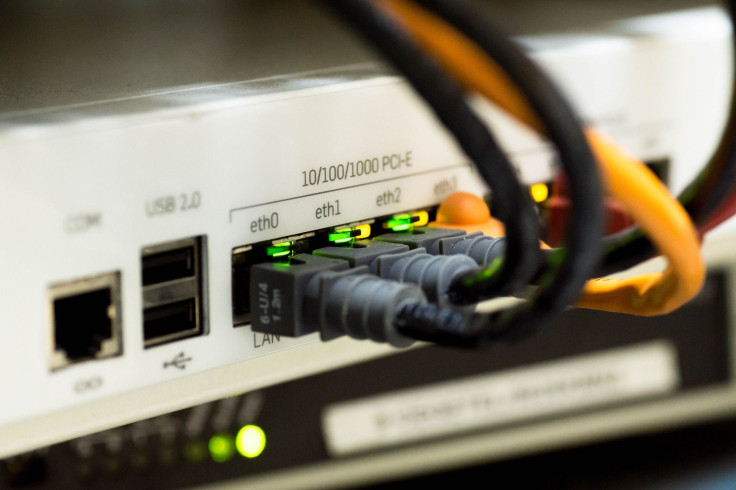How Fast Is Your Internet? Net Neutrality Rules Bar State Investigations, Cable Companies Say

Lobbying groups representing the cable and broadband industry are pushing to prevent individual states from being able to investigate speed claims made by internet service providers by citing net neutrality rules.
The request comes in the form of a petition from the Internet and Television Association (also known as the NCTA) and USTelecom, along with the American Cable Association. The interest groups asked the U.S. Federal Communications Commission to issue a rule that would keep states from investigating broadband speeds offered to customers within the state.
Read: What Is Net Neutrality? How FCC's Title II and Open Internet Rules Came To Be
According to the petition, the groups believe the FCC should declare advertisements that claim to offer internet speeds “up to” a certain number of megabits per second abide by federal law as long as the service providers meet disclosure requirements set by net neutrality rules — the same rules the very same lobbies are trying to overturn.
The groups claim a national standard should be required and enforced by the FCC rather than a state-by-state system of rules the cable companies called a “patchwork of inconsistent requirements.”
The rule cited by broadband companies to make their case was one of the few rules that remained of the FCC’s original net neutrality order in 2010. The rest of that effort was struck down by a lawsuit filed and won by Verizon in 2014 — a result supported by other major ISPs — which prompted the FCC to reclassify ISPs as common carriers as part of the Open Internet Order in 2015 to re-establish net neutrality protections.
Net neutrality transparency rules require ISPs to disclose expected and actual broadband speeds and latency offered to customers. The broadband lobbying groups say disclosures on ISP websites meet the federal standard and states shouldn’t be able to demand additional information.
Read: Net Neutrality Rules: Title II To Be Reversed Under FCC Chairman Ajit Pai's Plan
The push from the cable lobby comes at an odd time since the FCC under the leadership of Trump-appointed Chairman Ajit Pai is moving forward to reverse net neutrality protections. Many internet providers have voiced support for Pai’s proposal.
It also comes just months after New York Attorney General Eric Schneiderman filed suit against Charter and subsidiary Time Warner Cable for misleading New Yorkers about the internet speeds they were receiving.
The lawsuit dates back to 2012 and claims at least 640,000 subscribers in the state signed up for high-speed internet connections but got speeds slower than advertised. In a statement at the time the lawsuit was filed, Schneiderman said the suit confirms "what many of you have long suspected. Spectrum-Time Warner has been ripping you off."
Consumer advocacy groups have urged the FCC to reject the cable lobby’s petition, arguing state investigations are important for protecting consumers and ensuring they are receiving the services for which they pay.
A filing from the Institute for Local Self-Reliance argued if the FCC allows ISPs to make unrealistic claims, then "services with vastly different peak performance characteristics may be advertised as equal with true differences in performance revealed only on a web page somewhere that explains the actual inferiority of their service."
Attorneys general from 34 states — including New York — and the District of Columbia also encouraged the commission to reject the petition. The attorneys general argue the petition is "nothing more than the industry’s effort to shield itself from state law enforcement."
© Copyright IBTimes 2024. All rights reserved.











